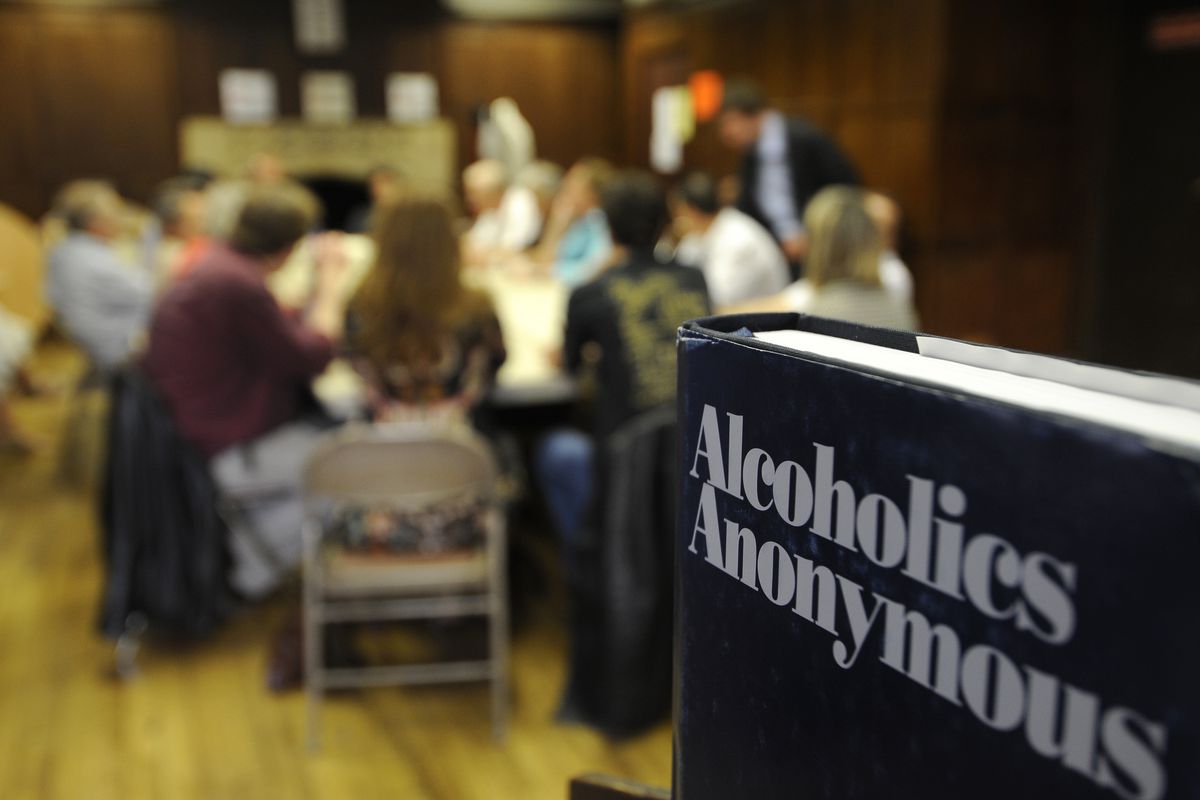There are a couple of ways to treat alcoholism, and naturally, you might be wondering whether Alcoholics Anonymous (AA) is the best option for you. AA does two things: it provides you with the tools and support to make you sober and, most importantly, keep you that way.
But how well do the 12 steps work?
What the Studies Say
AA has attracted quite some mistrust, in large part due to the same reasons that faith and spirituality are dubiously regarded. Science places on itself a verifiable burden of proof that spirituality does not. As a result, science has the trust of the people, while faith-based teachings will always have hocus pocus connotations.
But you can quantify results if not the method. A 2020 Cochrane review discovered that 42% of AA participants stayed completely sober after one year of treatment. As for the group that participated in other treatments such as cognitive-behavioral therapy (CBT), 35% were able to completely abstain from alcohol.
Another long-term study from 2006 by researchers from Stanford University and the Department of Veterans Affairs followed up on two different groups of alcoholics after 16 years. One group tried quitting on their own, while the other took help from AA or both AA and professional therapists.
The result was that 34% of those who walked alone stayed clean after 16 years, while 67% of those who sought help were able to abstain from alcohol. The AA group had attended more than 27 weeks of AA meetings in the first year of seeking help.
In the 16 years, 56% of those who sought therapeutic help stayed clean. Of those who tried to quit on their own, 39% were able to abstain from alcohol.
From these studies, we can conclude that the most crucial element in staying clean is seeking the help of some kind, whether it be AA or some other scientific form of treatment.
Who Is AA For
Pretty much anyone who feels they have an addiction to any substance. It primarily caters to alcohol abuse, but it doesn’t cost anything to go to a meeting. There are also no age or education requirements. If you feel a desire to quit, then feel free to attend.
However, when it comes to frequency of attendance, the recommended ‘dosage’ is 90 meetings in 90 days. There are open meetings that are open to the public. Non-alcoholics, curious folk, family and friends of alcoholics –anyone can drop in to take a look. On the other hand, closed meetings are for alcoholics and require membership.
Common Myths
AA is designed to welcome all.
- You don’t have to declare alcoholism.
- AA is not a cult
- No praying requirement either
- And you don’t have to spill all your secrets.
Conclusion
There are many resources that can help you in your journey to abstaining from alcohol. One of them is the holistic Impact Recovery Center (https://impactrecoverycenter.net/) in Alabama. Feel free to visit for a spiritual and clinically sound 12-step help program.
The AA’s 12-step program has undeniably been a help to millions of alcoholics in 180 countries. No matter how bad your try maybe, it is better than never at all.

